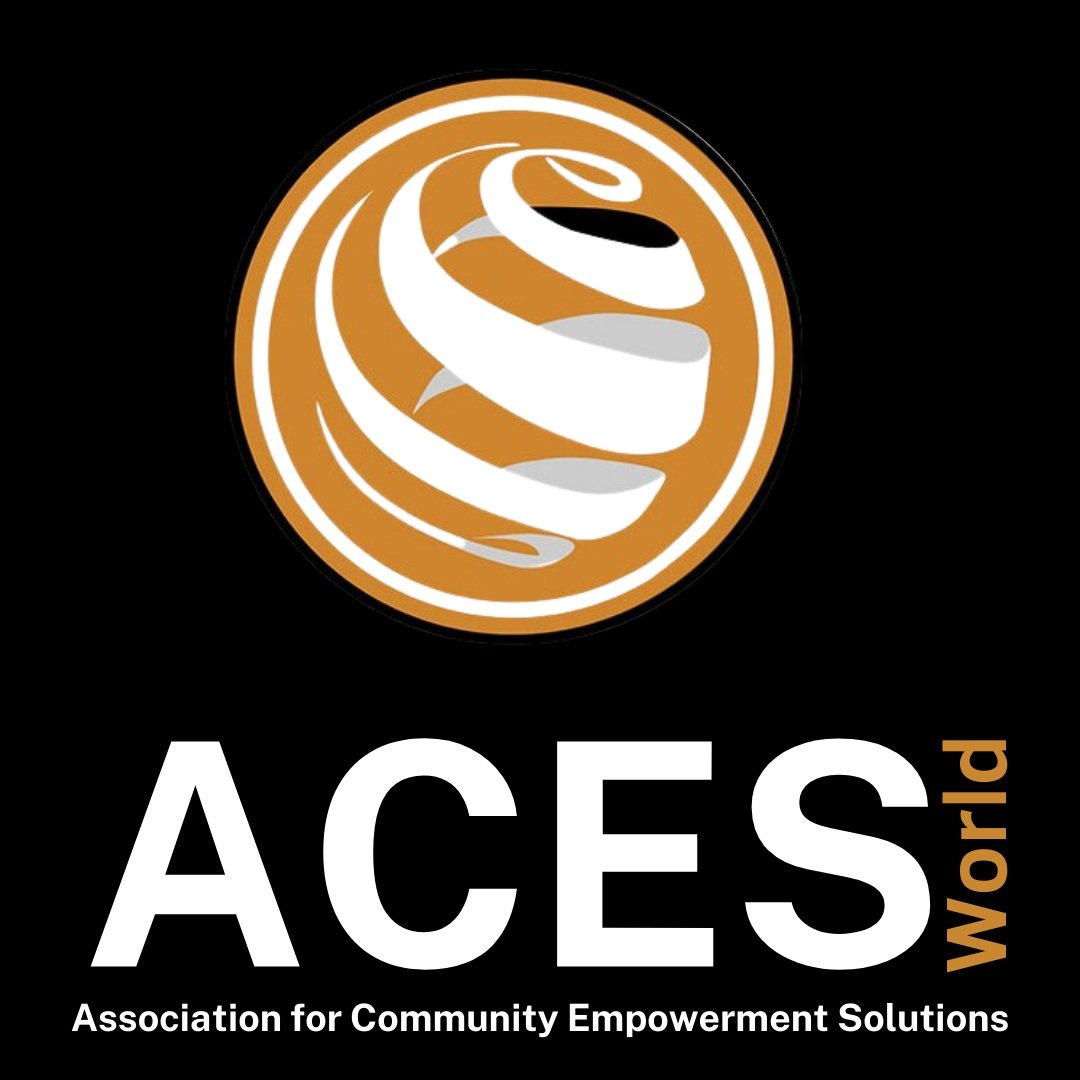Migration: To search for a better life comes with a cost
ACESWorld has been at the forefront by providing education and access to reproductive health services, promoting gender equality, and empowering girls to become confident and resilient in their live.
By Karan Wadhawan
Reproductive health and climate change are interconnected issues in Ghana. Agriculture plays a vital role for many families in rural Ghana and climate-related challenges such as droughts or changing rainfall
patterns has led to an increase in migration. Migration to the Brong-Afaho region (BAR) is a sought out after region where more arable land, a biannual rainfall season and a rich Forest-Savannah Transition
zone has accounted for 20% of the migrant population of the 2.3 million residents of the BAR to relocate (Baada et al., 2021). However it has also hindered women and young girls reproductive health rights and
have led to poorer health outcomes.
Migration has been shown to delay age at first marriage, lower fertility, produce smaller family sizes, and increase the risk of sexually transmitted infections (STIs) Women and young girls who migrate also found
lower reproductive health services and contraceptive use, compared with non-migrants (Amoo Dodoo et al., 2020) These resulted in severe negative health outcomes among migrant women including poor
health of mothers, pregnancy complications, low birth weights, and maternal and infant mortality (Renaud,2021)
To address these interconnected issues ACESWorld has been at the forefront by providing education and access to reproductive health services, promoting gender equality, and empowering girls to become
confident and resilient in their lives. However, the government and other international partners can play a pivotal role in strengthening reproductive services, supporting sustainable agriculture, ensuring access to
family planning services, and raising awareness about the connections between reproductive health and climate change.
References
Baada, J.N., Baruah, B., Sano, Y., & Luginaah, I. (2021). Mothers in a 'Strange Land': Migrant Women Farmers' Reproductive Health in the Brong-Ahafo Region of Ghana. Journal of Health Care for the Poor
and Underserved 32(2), 910-930. doi:10.1353/hpu.2021.0071.
Renaud, J. (2021, June 18). Migration impacts Ghana Women’s Health: Study. Western News. https://news.westernu.ca/2021/06/women-farmers-ghana-reproductive-health/
Sznajder, K. K., Winchester, M. S., Biney, A. A., Dodoo, N. D., Letsa, D., & Dodoo, F. N. A.(2020). The migration experience and differential risks to sexual and Reproductive Health in Ghana. Health Education.

